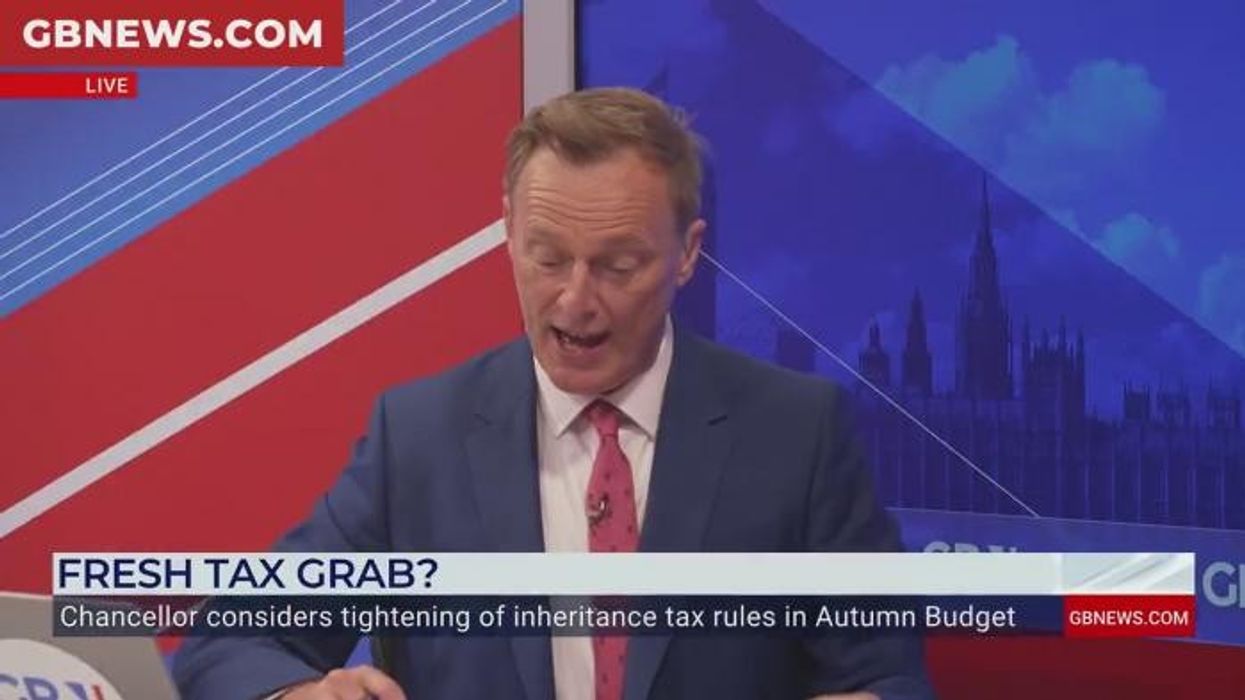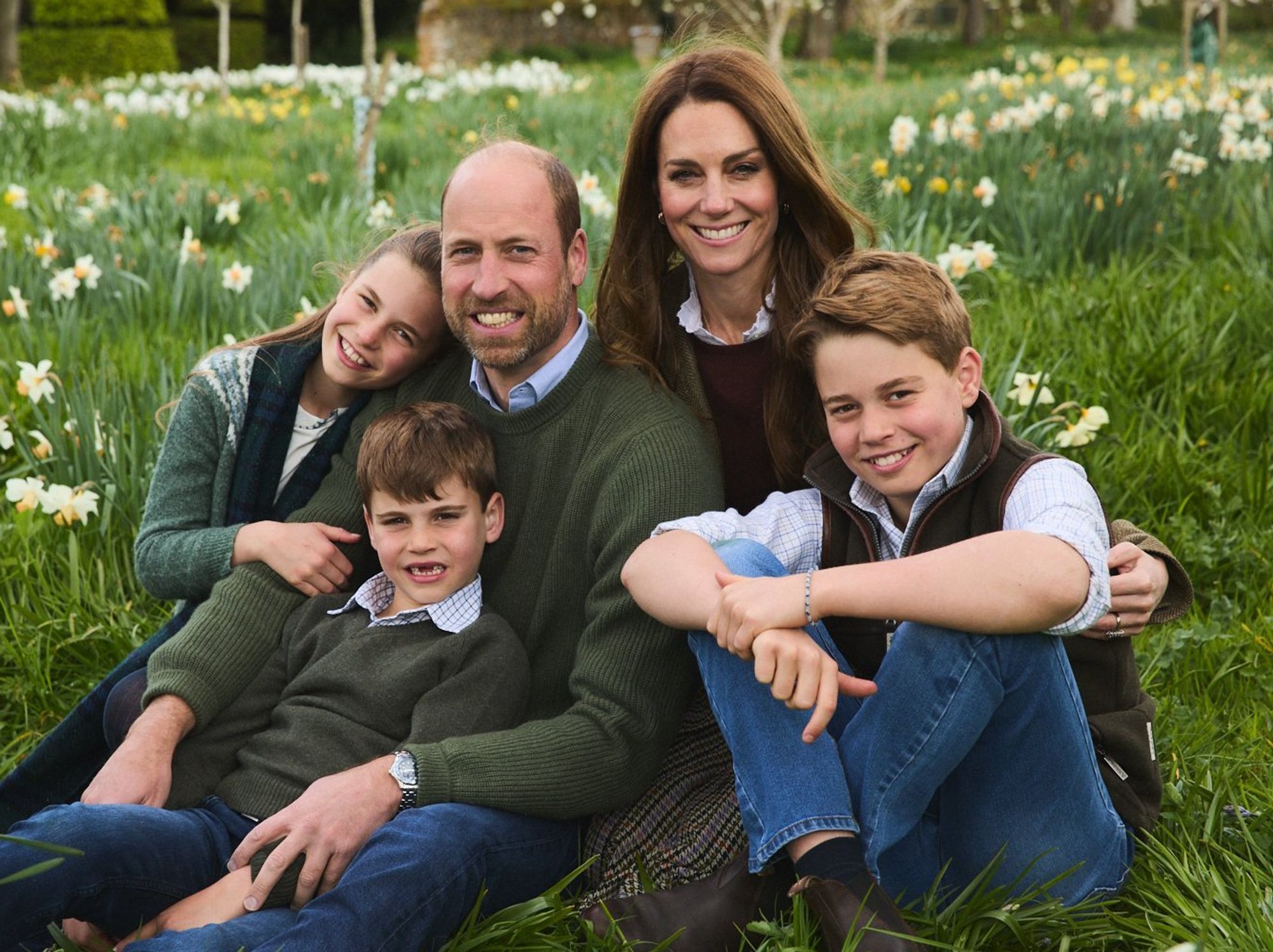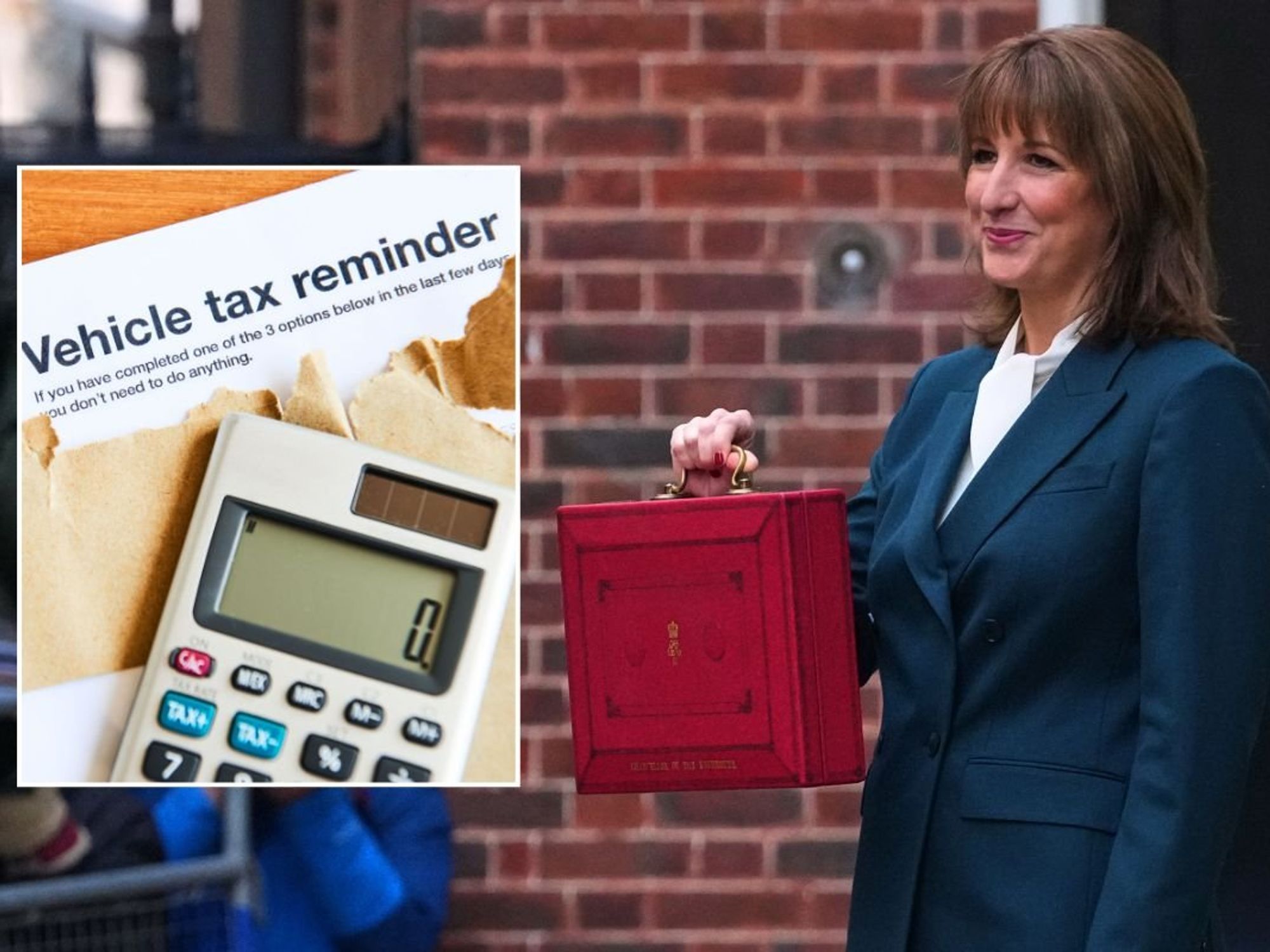Inheritance tax warning: Grandparents cut back on gifts as Rachel Reeves eyes 7-year rule extension to boost revenue

Families could face delays in receiving financial help as retirees reconsider gifts amid looming inheritance tax reforms
Don't Miss
Most Read
Families across the UK are feeling the pinch as changes loom over a long-standing tax rule.
Grandparents are already scaling back gifts, unsure how Rachel Reeve's reforms could affect their savings.
Proposed changes to inheritance tax could make it harder for families to pass money between generations. The current seven-year rule on gifts might be extended to ten years, prompting many grandparents to scale back financial help to their children and grandchildren.
On average, retirees provide around £2,500 a year to support education, childcare, and everyday costs. This support has become increasingly important as younger people face rising living costs and stagnant wages.
The plans from Rachel Reeves could either lengthen the gifting period or replace it with a lifetime gift allowance. Right now, gifts are free from inheritance tax if the giver lives for seven years afterwards.
The uncertainty is causing concern among older generations, who worry they may no longer be able to help their families as much as they want. Currently, estates over £325,000 face a 40 per cent inheritance tax, with taper relief reducing the bill if the donor dies within seven years of making a gift.
James Mulvaney, Head of Digital at Clifton Private Finance, warns that "With the Autumn Budget around the corner, growing uncertainty is prompting retirees to reconsider how, and when, they pass down wealth.
"One key area of concern is the possible extension of the seven-year rule. Currently, gifts fall outside an estate for inheritance tax purposes if the giver survives for seven years.
"Proposals to increase this to 10 years would delay when gifts become tax-free, reducing flexibility for those helping younger generations with major expenses such as house deposits."
Such an extension would mean families must wait an additional three years before gifts become tax-free, creating substantial delays for those needing immediate financial assistance.
Lesley McKnight, legal expert at Gilson Gray echoed this sentiment and said: "Extending the rule to 10 years could impact individuals looking to pass on wealth to their family."
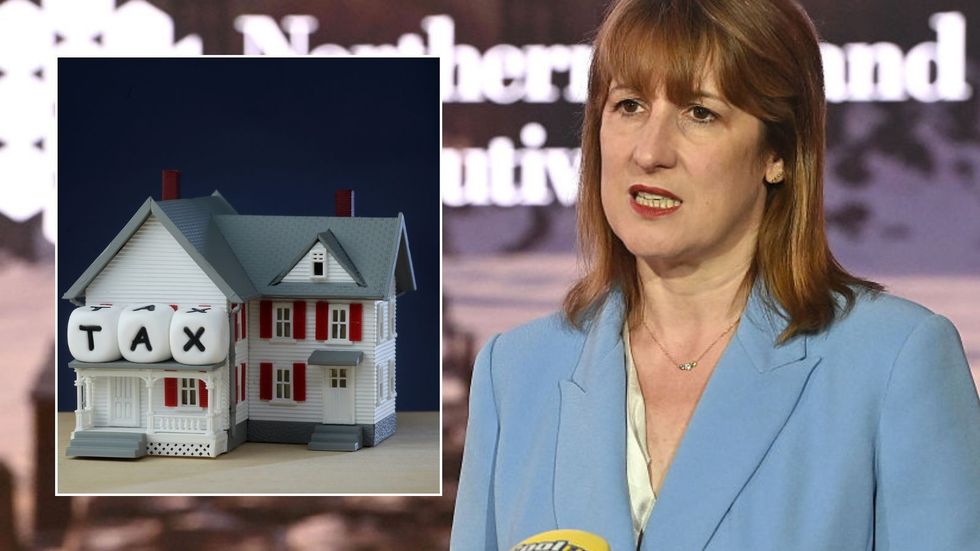
iNheritance tax warning: Grandparents cut back on gift
| GETTYThe uncertainty surrounding these potential reforms ahead of the Autumn Budget has already influenced retirement planning decisions across the UK.
Financial assistance from retired relatives has become essential for many UK households navigating the current economic climate. This support serves as a crucial safety net, helping with everything from weekly shopping bills to supplementary childcare costs.
"This support can be a lifeline, covering everything from weekly groceries to additional childcare. When that backing disappears, it can feel like being thrown into the deep end without a lifejacket," states Mr Mulvaney.
Property purchases particularly depend on family contributions, as house prices continue rising faster than earnings growth. These financial gifts often determine whether younger relatives can accumulate sufficient deposits for home ownership.
Educational expenses represent another significant area where retiree support proves invaluable. With university fees recently rising for the first time since 2017, family assistance enables students to pursue higher education whilst avoiding overwhelming debt burdens.
LATEST DEVELOPMENTS:

Financial assistance from retired relatives has become essential for many UK households navigating the current economic climate.
| GETTY"Financial support from retirees plays a pivotal role in many households, especially in today's cost of living crisis, where younger generations and new parents are increasingly dependent on family help," Mr Mulvaney emphasises.
Despite the uncertainty, retired individuals have several options to continue supporting their families whilst managing potential tax implications. Each person can transfer up to £3,000 annually without inheritance tax consequences, plus additional small gifts of £250 per recipient.
"One of the most efficient strategies is to make full use of annual allowances," advises Mr Mulvaney. These exemptions are expected to remain unchanged regardless of broader reforms.
Transfers between married couples or civil partners remain completely exempt from inheritance tax, regardless of amount. Property ownership arrangements and wills should be reviewed to maximise these benefits.
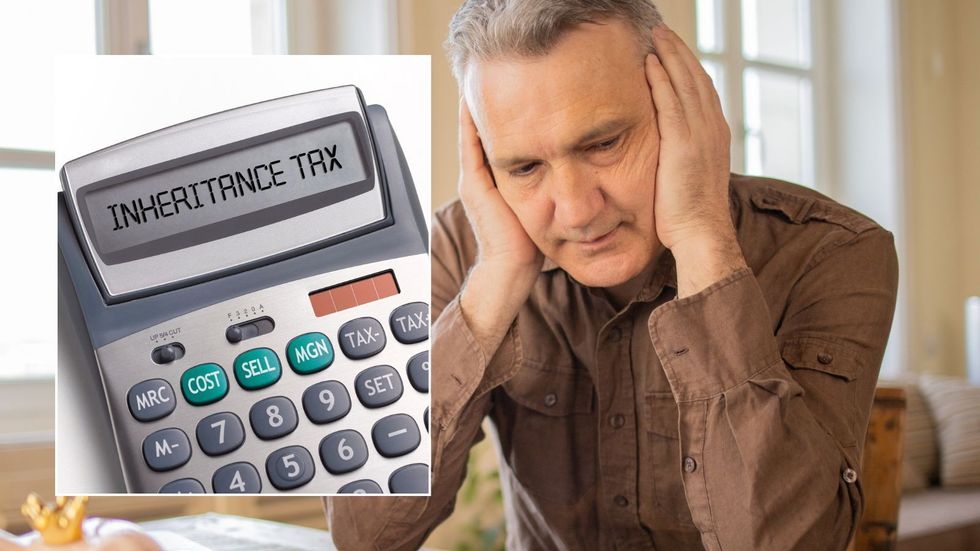 Britons are being warned about the looming changes to inheritance tax | GETTY
Britons are being warned about the looming changes to inheritance tax | GETTY Trust structures continue offering valuable estate planning opportunities, enabling asset transfers whilst maintaining some control over beneficiary access.
Although regulations have tightened recently, trusts remain effective for managing tax exposure and preserving wealth across generations.
With pension funds facing inclusion in inheritance tax calculations from 2027, retirement income strategies require reassessment.
Equity release schemes provide another avenue for accessing property wealth without selling homes, offering liquidity to support younger relatives whilst maintaining financial security.
More From GB News


